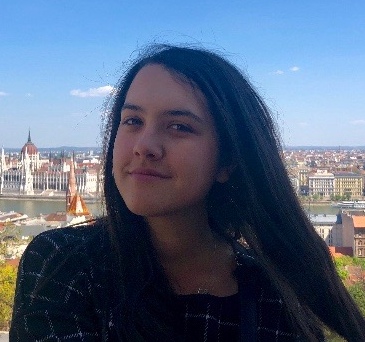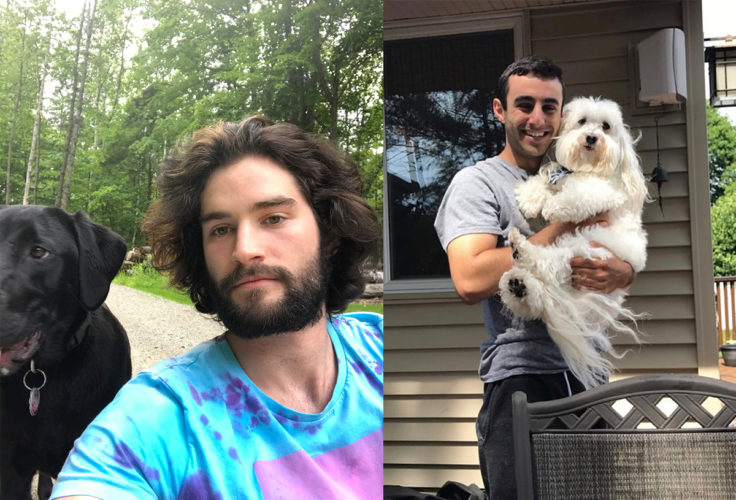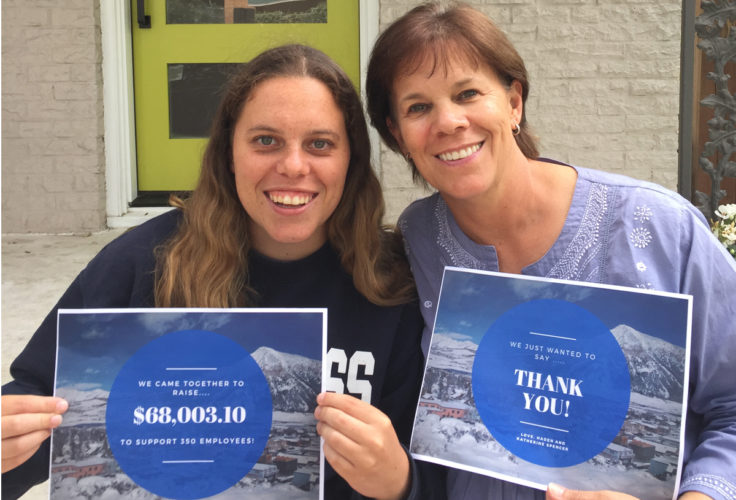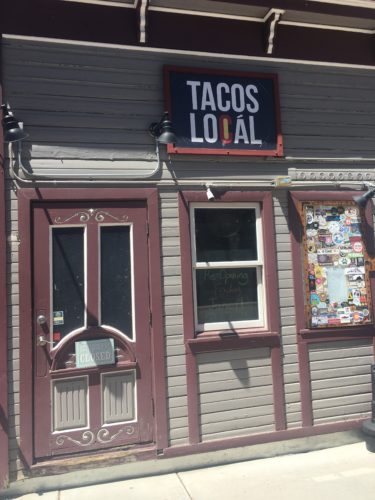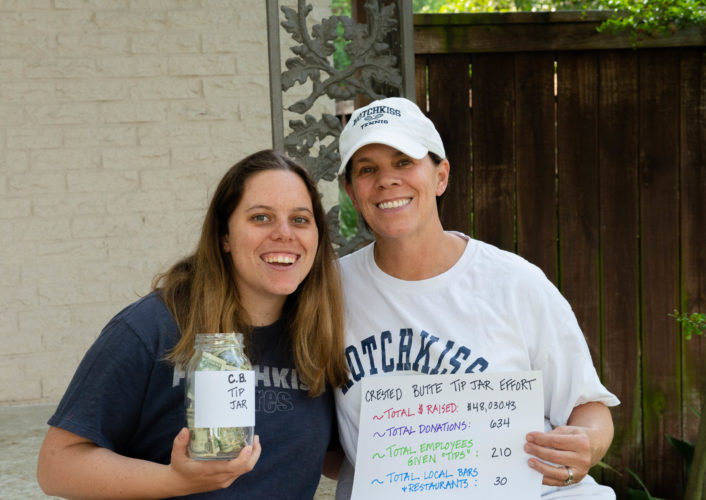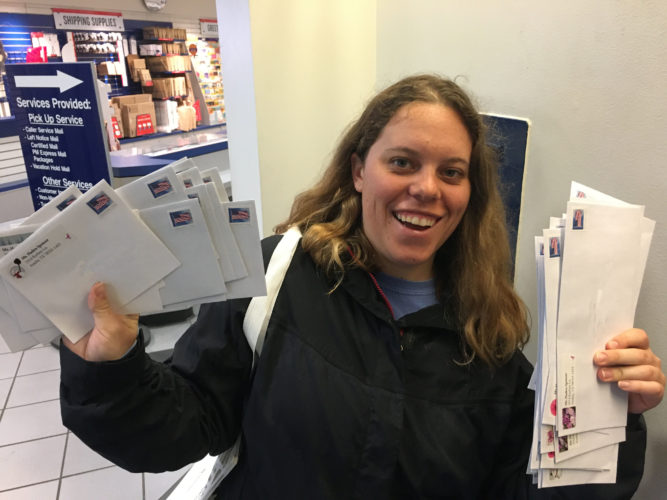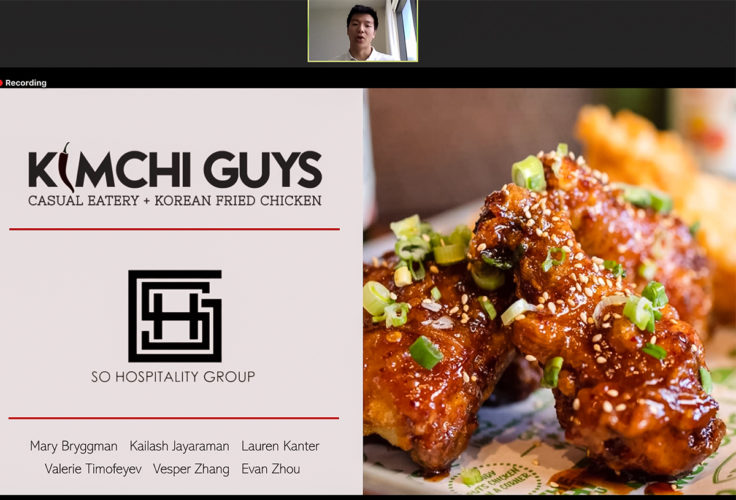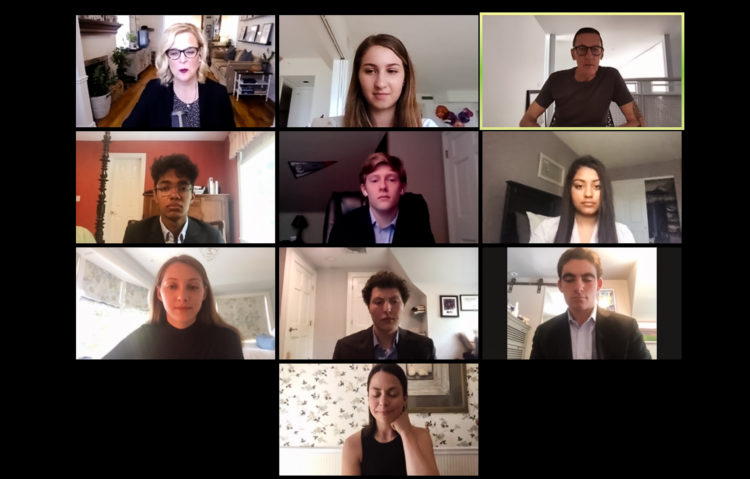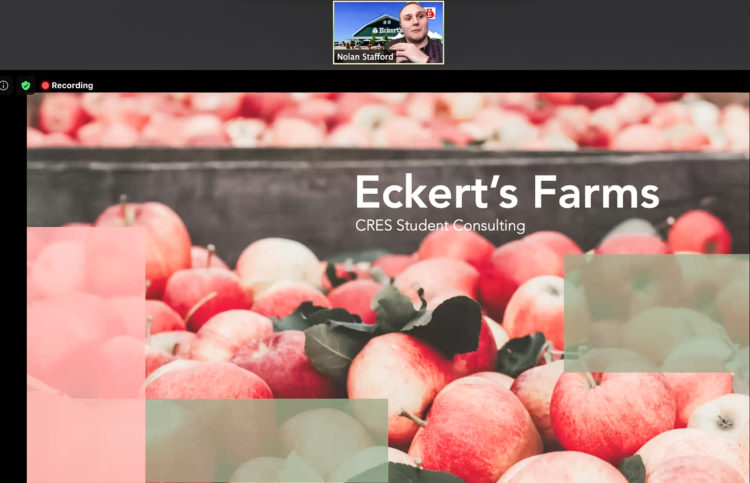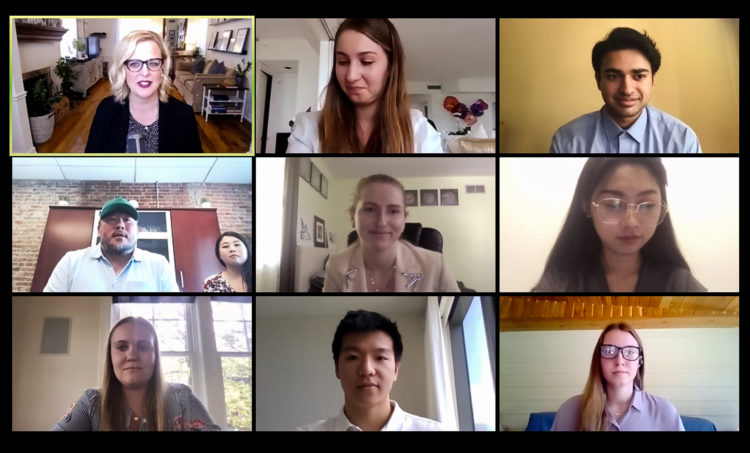Richard Ryffel, a part-time professor of finance practice at Olin, wrote this for the Olin Blog.
It was in the early days of the pandemic’s work-from-home regimen in April when the other organizers of the Municipal Finance Conference and I convened to discuss whether to cancel, postpone or reconfigure the ninth annual Olin/Brookings/UChicago/Brandeis hosted event.
The conference, ordinarily held at Brookings’ headquarters in Washington, DC, is the preeminent municipal finance academic conference and its importance was all the greater given the rapidly evolving impact of the pandemic on state and local government finances.
Well before it was commonplace, the organizers pivoted to offer the conference virtually—becoming one of the early adopters of our “new normal” communication realities of Zoom, YouTube, screen sharing, virtual breakout rooms, curated backgrounds and the occasional cat intrusion.
In the same way state and local governments are adapting to their COVID-19 realities with what conference keynote speaker, Mayor Lilly Schaaf of Oakland, California, called “entrepreneurial bureaucrats,” conference organizers were able to quickly and effectively reinvent the conference.
The conference was held July 13-14 and was a considerable success, setting new attendance records and receiving strong survey feedback. With assistance from the exceptional Brookings staff, the online conference came off with no technical glitches whatsoever. Panelists, moderators and audience members alike transitioned flawlessly to the new virtual format, and the conversations and Q&A were lively and robust.
As a valuable field experiment for the effectiveness of distance learning, conference organizers found the new format lent itself to securing a broader group of speakers, more registrants and attendees from geographies that were underrepresented in the past.
Significant benefits in terms of financial and time costs accrued to all involved as well. So much so, that some type of virtual offering is likely to be a mainstay of future conferences.
Olin alumna Sarah Snyder, BSBA ’05, of Samuel A. Ramirez & Co., participated in a panel on the impact of COVID-19 on the municipal bond market and discussed how municipal bond issuers and investors are being impacted by the effects of the pandemic and the various policy responses thereto. Other topics included pension funding holidays, climate change, legalized marijuana sales, infrastructure spending, tax incentives and shadow banking.
The conference organizers are planning a mid-year event also to be offered virtually and are looking forward to a return to a physical conference in 2021 to be augmented by a synchronous virtual program. But conference organizers will be ready to pivot once again, based on the then-existing pandemic realities.




